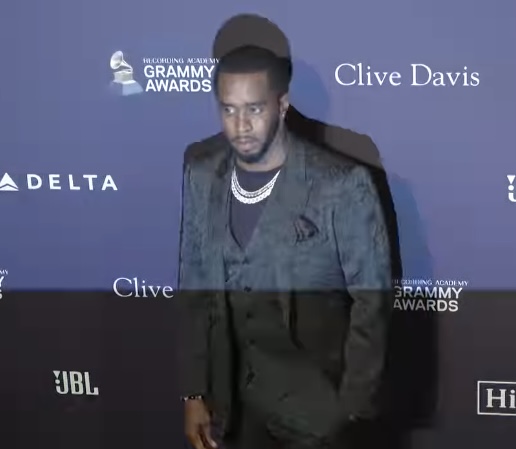Earlier this week, Sean “Diddy” Combs surprised many when he was acquitted of the most serious allegations—racketeering conspiracy and sex trafficking involving force, fraud, or coercion—during his widely publicized federal trial.
The 55-year-old music mogul, who denied all accusations, was ultimately found guilty of two federal charges related to transporting individuals for prostitution. He now faces up to 20 years in prison.
The verdict came after seven weeks of testimony from 34 witnesses, including people close to Combs and two women—his ex-girlfriend Cassie Ventura and another former partner, identified only as “Jane”—who accused him of abuse.
Since the July 2 announcement of the mixed verdict, public scrutiny has intensified, especially toward the jury. Critics have questioned whether the mostly male panel—eight men and four women—remained unbiased and whether Combs’s fame affected the outcome.
One juror, speaking anonymously to ABC News, dismissed such claims, calling them “deeply disrespectful” to the jury’s integrity. “We took more than two days to thoroughly evaluate all the evidence,” the juror said. “Our judgment was based strictly on the facts and legal criteria. Fame had nothing to do with it.”
Another juror, George—an alternate who observed the entire trial but didn’t join in the final decision—shared similar views in interviews with CNN and The New York Times. After reviewing his notes, he said he likely would have supported the acquittal on the racketeering charge, citing persistent doubts about the prosecution’s case. He also praised Combs’s defense team and noted that the artist appeared genuinely invested in defending himself, despite not taking the stand.
Following the verdict, Judge Subramanian denied Combs’s request for bail. His sentencing is set for October 3, though his attorneys are pushing to move it up.



